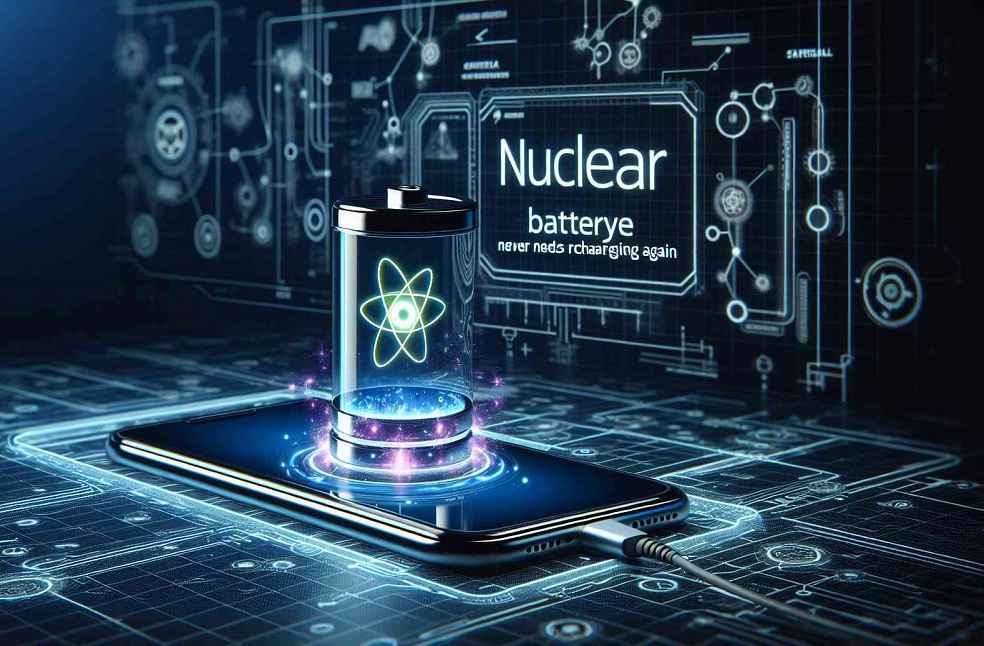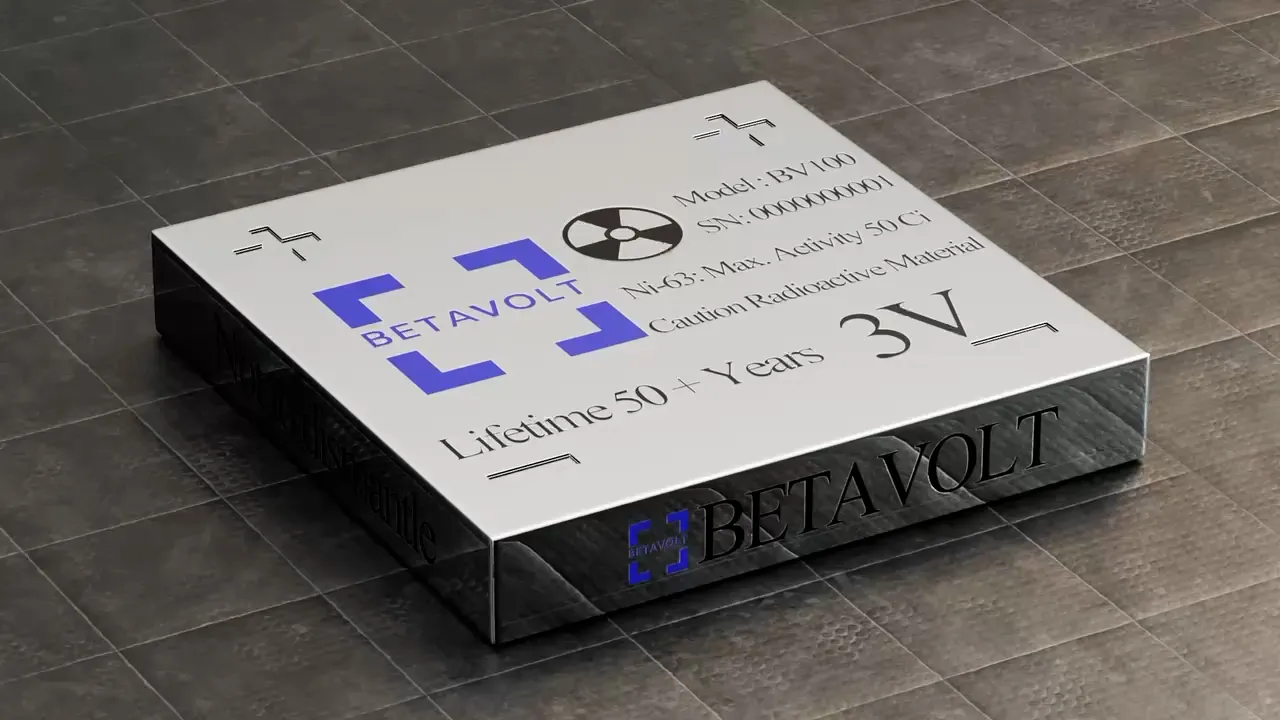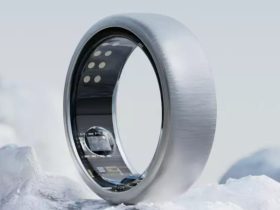A Chinese firm named Betavolt Technology has begun developing nuclear batteries, which could potentially eliminate the need for smartphone charging.
The company is working on this technology for various devices. These nuclear batteries have the capability to maintain a charge for up to 50 years.
Indeed, if this technology becomes viable and widely adopted, it’s likely that our smartphone batteries could last well beyond our lifetimes.
Betavolt Technology has made strides in what they describe as the “miniaturization of atomic energy batteries.” They have managed to incorporate 63 nuclear isotopes into a module smaller than a coin.
This model, known as the BV100, can generate 100 microwatts of electricity, which should be more than sufficient for powering a smartphone.
The nuclear battery provides a voltage of 3V and measures just 15 x 15 x 5mm. Betavolt also mentions that these batteries can be connected together to power devices that require more than one battery.

The principle behind these nuclear batteries involves using radioactive decay to generate electricity, a technology similar to what is used in spacecraft and pacemakers. Historically, this technology has been avoided due to the use of plutonium.
However, Betavolt has developed a version using a diamond semiconductor layer and a decaying nickel isotope. They assert that this battery does not leak radiation and contains no toxic elements.
On paper, this suggests that these batteries are safe, unlikely to explode, and capable of operating in extreme temperatures ranging from -60 to 120 degrees Celsius.
Betavolt is optimistic about the potential of these nuclear batteries and aims to make charging a thing of the past.
While this represents a significant technological advancement, it is unclear when these batteries will be available for smartphones.
Currently, the battery is in the pilot stage and is expected to enter mass production soon. If successful, it could lead to a groundbreaking development in battery technology.







Leave a Reply